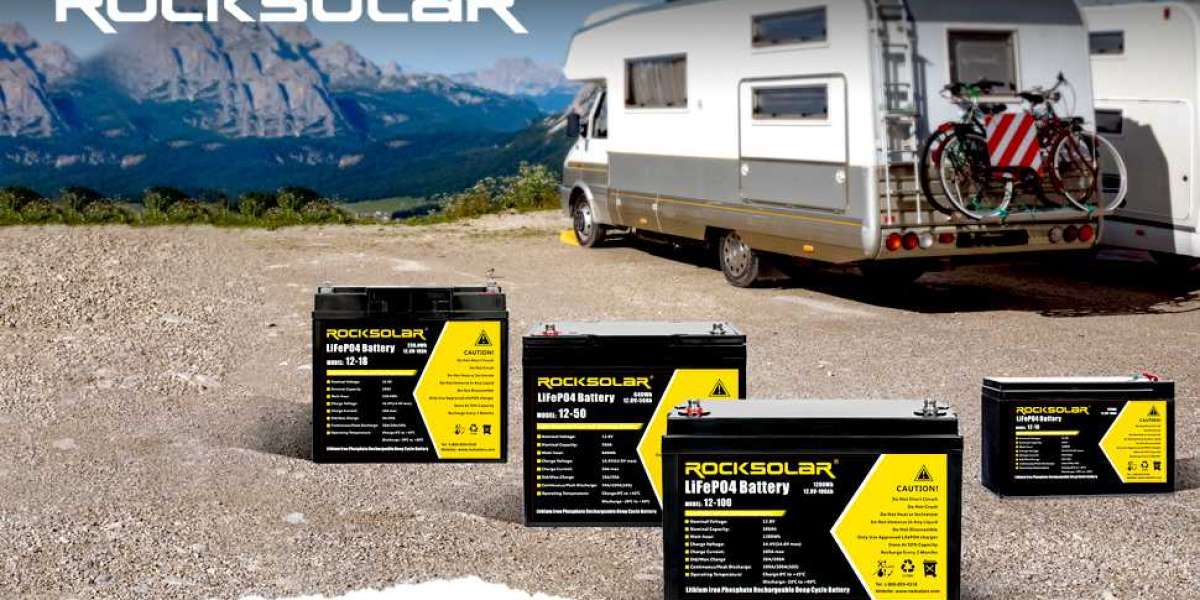In the world of rechargeable batteries, there are many types to choose from. Two common types of rechargeable batteries are Lithium Iron Phosphate (LiFePO4) batteries and Nickel-Cadmium (NiCd) batteries. Both batteries have unique strengths and weaknesses, making them suitable for different applications. This blog post will explore the key differences between LiFePO4 and NiCd batteries and which battery type best suits your needs.
How do LiFePO4 batteries compare to Nickel Cadmium batteries?
Although both types of batteries have pros and cons, there are some key differences that you should be aware of when deciding which type of battery to use for your application. One of the biggest differences between these two types of batteries is their chemical makeup. Nickel-cadmium batteries use a cadmium oxide cathode and a nickel anode, while LiFePO4 batteries use a lithium iron phosphate cathode and a carbon anode. This results in a few key differences in performance. For one, LiFePO4 batteries have a much higher energy density than nickel-cadmium batteries, meaning they can store more energy in a given space. This makes them ideal for applications where weight and size are important considerationsLiFePO4 batteries also have a higher discharge rate than nickel-cadmium batteries, meaning they can provide more power when needed. This makes them ideal for applications with a high power level, such as electric vehicles. Finally, LiFePO4 batteries are much more stable than nickel-cadmium batteries, making them less likely to overheat or catch fire. This makes them a safer option for applications where safety is a concern. Overall, LiFePO4 batteries have some advantages over nickel-cadmium batteries, making them the better choice for many applications.
What are the Disadvantages of Using Nickel Cadmium batteries?
Nickel-cadmium batteries (NiCd batteries) are a type of rechargeable battery. NiCd batteries are made with cadmium (Cd), a toxic heavy metal. The cadmium in NiCd batteries can leach out of the battery and into the environment, contaminating soil and water. NiCd batteries are also less efficient than newer rechargeable batteries, such as lithium-ion batteries. NiCd batteries have a shorter lifespan than other types of batteries and must be disposed of properly. If not disposed of properly, NiCd batteries can release cadmium into the environment. Cadmium is a toxic heavy metal that can contaminate soil and water. Exposure to cadmium can cause health problems, including kidney damage, bone loss, and cancer. NiCd batteries are also less efficient than newer types of batteries. NiCd batteries have a shorter lifespan than lithium-ion batteries and must be disposed of properly.
Are LiFePO4 batteries Safe to Use in Marine Industries?
Are LiFePO4 batteries safe to use in marine industries? This is a question we get asked a lot, and it’s one we’ve been researching. The short answer is yes; they are safe. battery LiFePO4 have several advantages over other types of batteries, including being more stable and less likely to catch fire. However, there are a few things to remember when using LiFePO4 batteries in a marine setting. Here are a few tips: Make sure the battery is properly ventilated. Keep the battery away from heat sources. Keep the battery away from salt water. Keep the battery away from direct sunlight. Charge the battery regularly. Following these simple tips will help to ensure that your LiFePO4 battery lasts for many years and provides you with reliable power when you need it most.
Conclusion
LiFePO4 batteries are known for their low self-discharge rate and high cycle life. They also have a lower voltage drop over time, making them ideal for applications that require a long battery life, such as electric vehicles. In comparison, nickel-cadmium batteries are known for their high discharge rates and relatively short cycle life.



